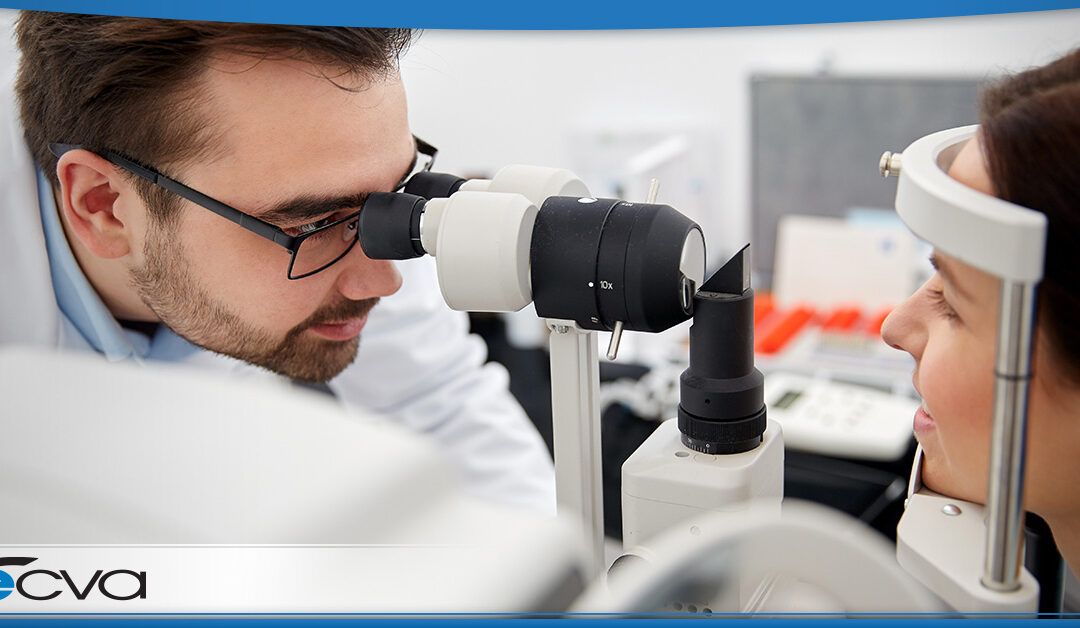
by ecvaeyeadminz | Jul 21, 2022 | Eye Health
Retinal detachment is a severe medical condition that can cost you your vision. As a result, it should always be taken seriously, as quick action is generally essential if you want to preserve your sight or repair any damage. However, many people wonder if...

by ecvaeyeadminz | Jul 7, 2022 | Eye Health
When you prepare for an eye appointment, you may discover that your eye care provider will dilate your eyes during the exam. Since that can lead to some mild discomfort in brighter lighting following the appointment and may make driving or other activities difficult...




